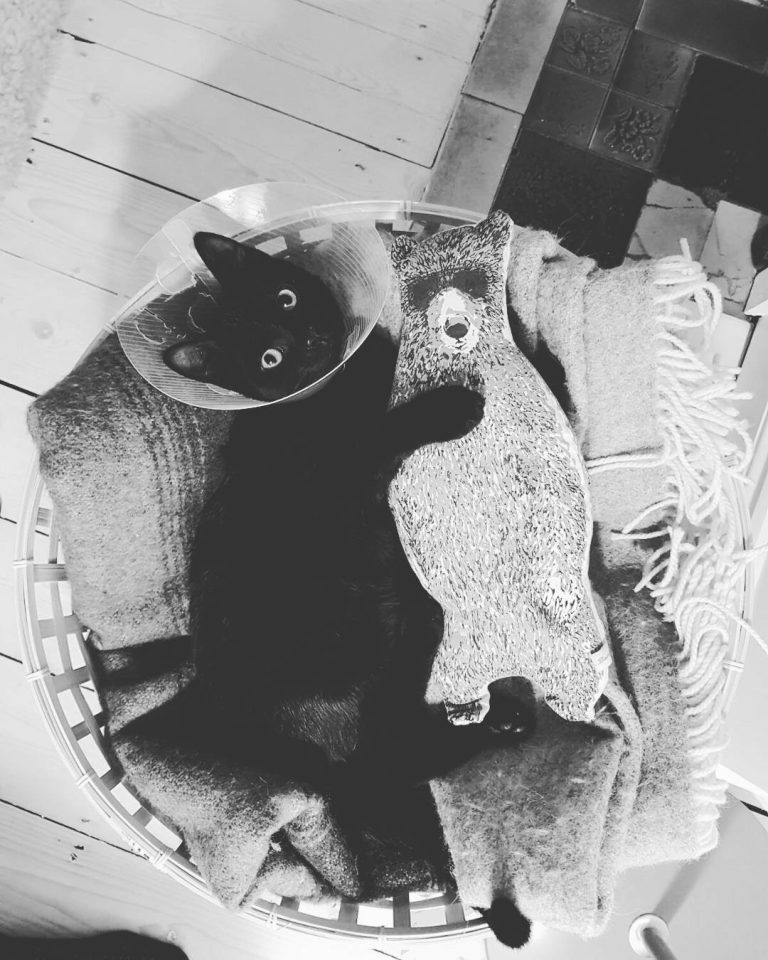Why Regular Vet Visits Matter for Your Pet
As pet owners, we all want our furry companions to live long, healthy, and happy lives. One of the most crucial steps we can take to ensure their well-being is scheduling regular veterinary visits. While it’s easy to assume that our pets are healthy if they’re eating, playing, and behaving normally, routine checkups are essential in detecting potential health issues before they become serious problems. Here’s why regular vet visits truly matter for your pet:
1. Preventative Care and Early Detection
Just like humans, pets can develop health issues that aren’t immediately visible. Regular vet visits allow your veterinarian to conduct comprehensive physical exams that can uncover early signs of disease or illness. Conditions such as diabetes, kidney disease, or arthritis might not show obvious symptoms in the early stages, but a vet can detect these issues through blood tests, urine analysis, or other diagnostic tools.
Catching problems early not only improves the chances of successful treatment but can also save you money by avoiding costly emergency care down the road.
2. Vaccinations and Parasite Control
Vaccinations are an essential part of preventative care. They protect your pet from common and potentially life-threatening diseases such as rabies, parvovirus, distemper, and feline leukemia. During regular vet visits, your veterinarian will ensure your pet is up-to-date on their vaccinations, adjusting the schedule as needed based on your pet’s age, lifestyle, and risk factors.
Parasite prevention is another important aspect of regular vet care. Fleas, ticks, heartworms, and intestinal parasites can cause a range of health problems, from mild irritation to severe illness. Your vet will recommend appropriate treatments or preventatives to keep these parasites at bay, protecting your pet’s health year-round.
3. Dental Health
Many pet owners overlook the importance of dental care, but oral health is closely linked to overall well-being. During a regular vet visit, your vet will check your pet’s teeth and gums, looking for signs of gum disease, plaque buildup, or tooth decay. Untreated dental problems can lead to more serious health issues, including infections, pain, and even heart disease.
Routine dental cleanings and at-home care, such as brushing your pet’s teeth, can significantly improve their oral health and prevent future complications.
4. Maintaining a Healthy Weight
Obesity is a growing issue in pets, and it can lead to a variety of health problems, including joint issues, diabetes, and heart disease. At regular vet visits, your veterinarian will monitor your pet’s weight and body condition. If your pet is overweight, your vet can recommend dietary changes, portion control, and exercise plans to help your pet reach and maintain a healthy weight.
A healthy weight is key to ensuring your pet lives an active and comfortable life, reducing the risk of weight-related health complications.
5. Behavioral Assessments
Pets can’t tell us when something is wrong, but changes in behavior can often signal underlying health issues. During a regular vet visit, you’ll have the opportunity to discuss any changes in your pet’s behavior, such as increased aggression, excessive sleeping, or lack of appetite. These changes might indicate pain, anxiety, or medical conditions that require treatment.
Veterinarians can also provide guidance on managing behavioral issues like separation anxiety, destructive chewing, or litter box problems, ensuring a better quality of life for both you and your pet.
6. Senior Pet Care
As pets age, their health needs change. Senior pets are more prone to developing conditions like arthritis, kidney disease, and cancer. Regular vet visits become even more critical as your pet enters their senior years, allowing your vet to monitor age-related issues and recommend treatments or lifestyle adjustments to keep your pet comfortable and healthy.
Your veterinarian can also offer advice on senior pet nutrition, exercise, and pain management, ensuring your aging pet enjoys their golden years with dignity and grace.
7. Building a Relationship with Your Vet
Regular vet visits foster a strong relationship between you, your pet, and your veterinarian. This relationship is essential for creating a personalized health plan tailored to your pet’s unique needs. Over time, your vet will become familiar with your pet’s medical history, habits, and temperament, allowing them to provide better, more individualized care.
Having a trusted vet also gives you peace of mind, knowing you have a professional to turn to if an emergency arises or if you have questions about your pet’s health.
8. Cost-Effective Care
Many pet owners avoid regular vet visits out of concern for the cost. However, preventative care is often far less expensive than treating a serious illness or injury after it has progressed. By detecting and addressing health issues early, regular vet visits can save you money in the long run by reducing the need for emergency care, surgeries, or intensive treatments.
In some cases, vets may offer wellness plans or affordable payment options, making it easier to stay on top of your pet’s healthcare needs.
Conclusion
Regular veterinary visits are a critical part of being a responsible pet owner. From preventative care and vaccinations to dental health and senior care, these checkups are key to maintaining your pet’s overall well-being. By investing in regular vet visits, you’re not only helping your pet live a longer, healthier life but also strengthening the bond you share with your furry friend. After all, a healthy pet is a happy pet!










